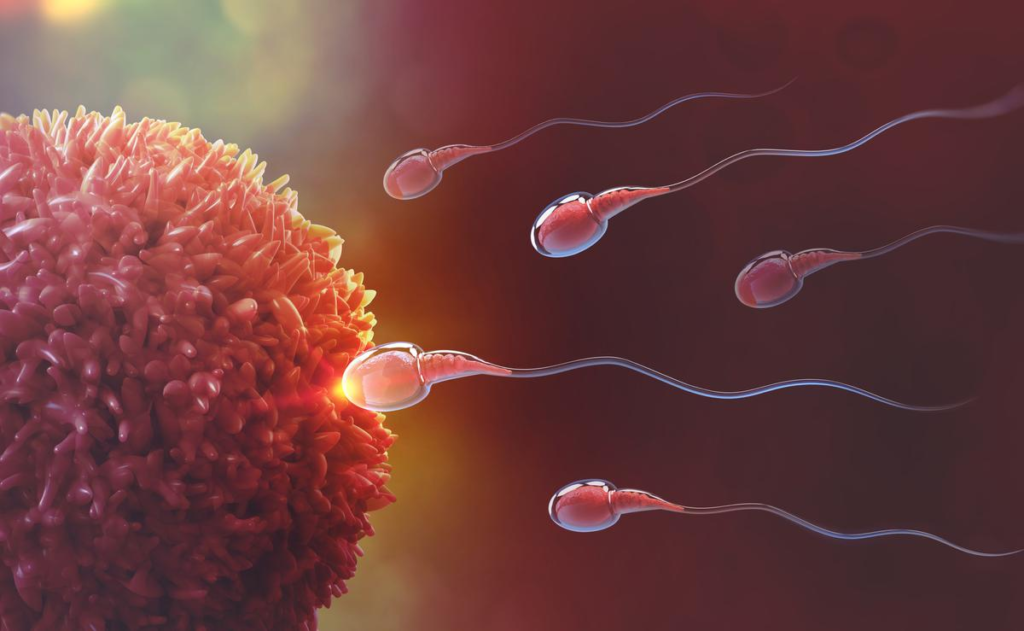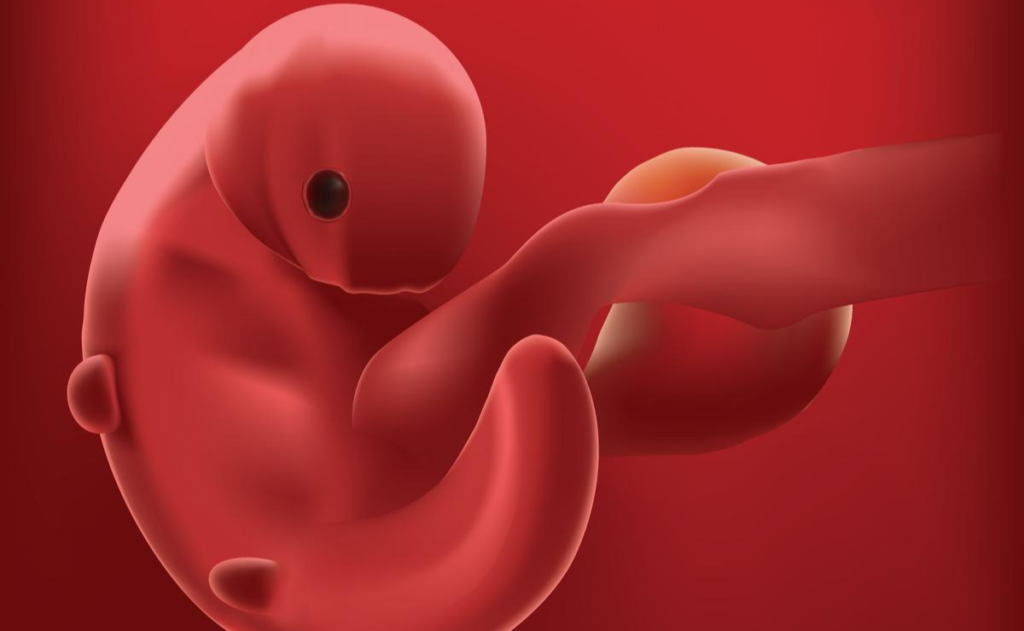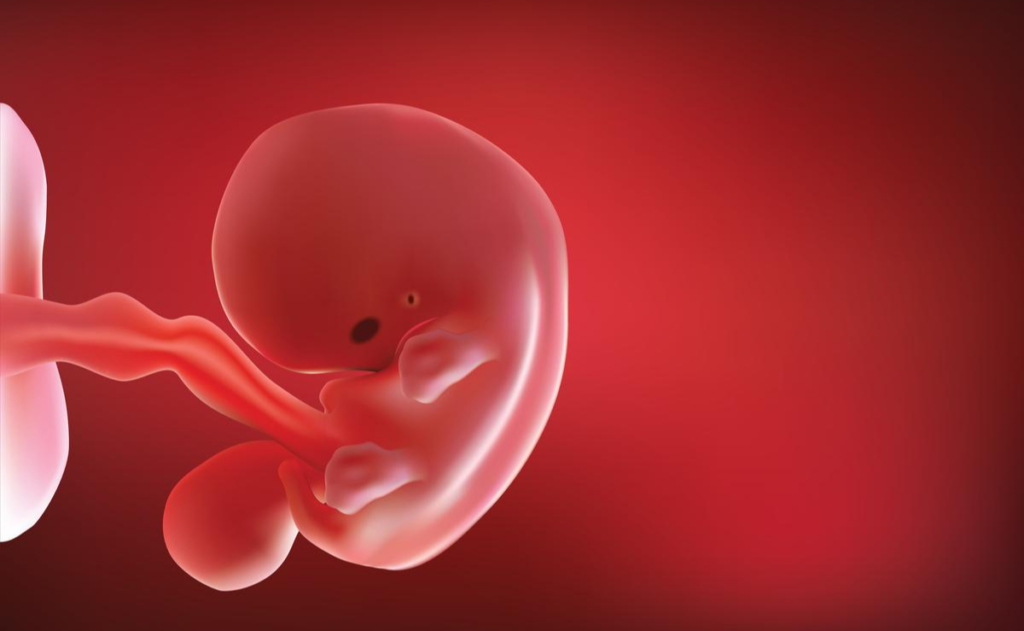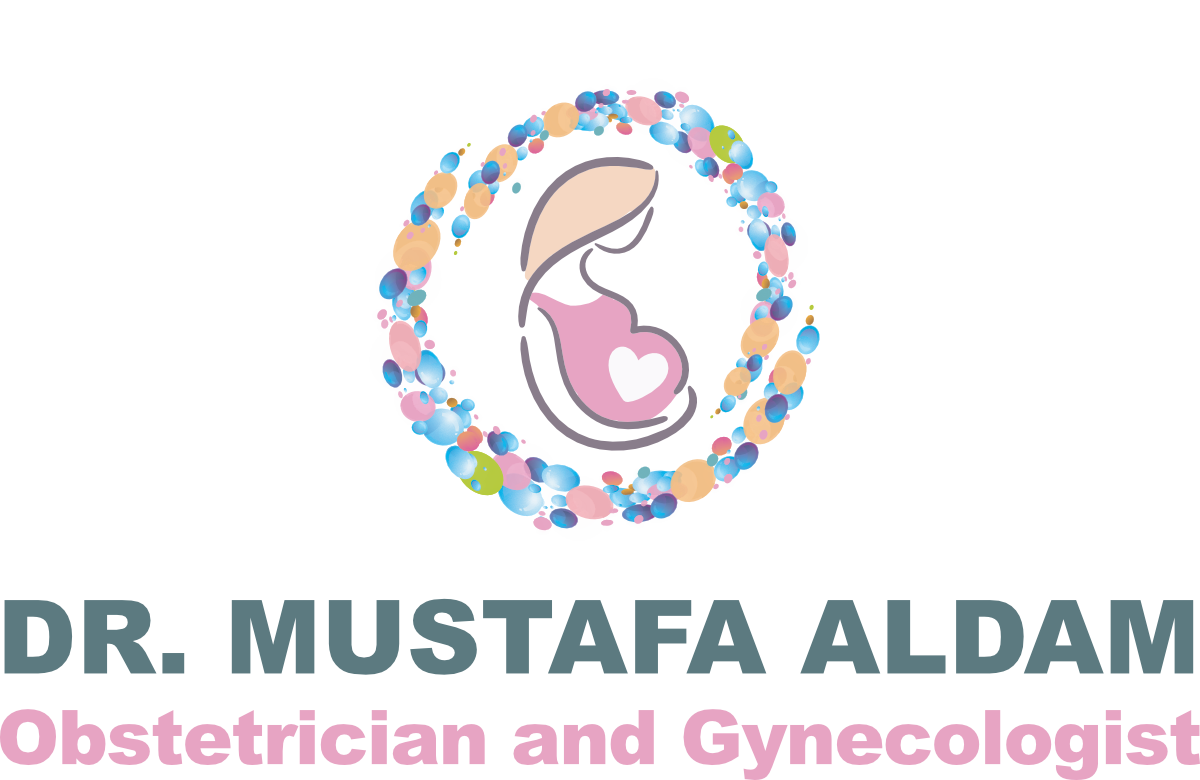Baby development week wise
Bringing a new life into the world is an exciting and overwhelming experience for any parent. Throughout pregnancy, your baby goes through incredible changes and growth stages that are important to understand as they develop.
From the first few weeks of conception to their expected arrival, each week brings something new and miraculous. In this blog post, we’ll take you through all of the fetus development stages from week 1 to week 40 so that you can better understand the progress of your baby in womb week by week.

Fetus development stages -
Week 01 to Week 04
During the first four weeks of pregnancy, the fertilized egg travels through the fallopian tube and implants into the uterus. The fetus is a tiny cluster of cells at this stage, but it undergoes rapid progression.

In Week 1, after fertilization, the zygote begins to divide and form into a ball of cells called a blastocyst. This blastocyst then goes down to the uterus, where it can implant itself on day six or seven.

By Week 2, cell division continues as the blastocyst settles deep within the lining of your uterus. At this point, amniotic fluid starts to develop around your future baby to cushion and protect them throughout their development.

Week 3 marks an important milestone as a primitive heart (with one chamber) starts beating inside your embryo. During this week, other vital organs, such as lungs and kidneys, begin forming too!

Finally, by Week 4 – which technically counts from when you last had your period – we see limb buds developing on each side of what will eventually become our little ones’ bodies!
Week 05 to Week 07



Week 05 to Week 07 of pregnancy is when the embryo starts developing into a fetus. At this stage, your baby in the womb is about the size of a blueberry and measures around 0.13 inches.
During these weeks, crucial development happens as major organs such as the heart, brain, lungs, digestive system, and arms begin to form. The neural tube, which will ultimately develop into your baby’s spinal cord and brain, also begins forming during this time.
Your body goes through changes too! You may notice early pregnancy symptoms like morning sickness and fatigue during this period due to hormonal fluctuations. You need to take care of yourself by eating healthy foods rich in nutrients that support fetal growth.
At six weeks pregnant, an ultrasound can detect your baby’s heartbeat -a momentous occasion worth waiting for! Your little one’s heart will beat rapidly compared to what it will be later in life, roughly around 100-160 beats per minute.
It’s incredible how much growth has occurred during these few short weeks! Keep taking good care of yourself, mama-to-be – you’re growing a beautiful human being inside you!
Also Read: Painless Normal Delivery
Week 08 to Week 12
Your baby will grow rapidly during weeks 08 to 12 of the fetal development stages. The fetus is about two inches long and has already developed limbs that can move around. The head is still larger than the body but will gradually become more proportionate as time goes on.
At week 08, the major organs, such as the liver, kidneys, and intestines, are formed while tooth buds develop inside the gums. By week 09, your baby’s face becomes more distinct, with its nasal passages forming and ears taking shape. It also starts to develop tiny fingernails.
Weeks 10-11 are crucial for brain development, during which neurons branch out into the brain and spinal cord from a central neural tube. This period also marks an end in the embryonic stage, where all essential organs take their form before maturing further over time.
By week 12, your baby’s bones begin to harden along with developing reflexes like sucking their thumb or curling toes, thus making them responsive to touch outside of the womb too.
As always, it’s good practice in these early stages of pregnancy to keep a healthy lifestyle by eating nutritious food rich in vitamins and minerals while avoiding alcohol or tobacco products which can harm fetal health.

Week 13 to Week 15
Your baby grows rapidly during the thirteenth to fifteenth weeks of pregnancy. At this stage, the fetus is about 3 inches long and weighs almost an ounce.
Your baby’s eyes and ears are continuing to develop during these weeks. By week 14, they can make facial expressions such as frowning or squinting their eyes. They can also suck their thumb and move around in the womb.
The bones in your baby’s body are starting to harden at this point, giving them more structure. Meanwhile, their digestive system is forming too. The intestines start moving from the umbilical cord into the abdomen, where they continue developing.
By week 15, some babies might show signs of gender through ultrasound scans; however, it still may be too early for a precise determination for others overall though your baby continues to grow stronger day by day with each passing week.
As always, consult with your doctor if you have any concerns regarding fetal development stages or other aspects related to prenatal care!

Week 16 to Week 18
From week 16 to week 18, the baby’s development continues astonishingly. At this stage, your fetus is around the size of an avocado and weighs approximately five ounces.
The baby’s facial features become more distinct as their eyes move closer together on their face. They can also hear sounds from outside the womb and will begin responding to noises such as music or voices.
Your little one grows stronger daily, developing muscle tissue that allows them to move around in your uterus. You might start feeling some fluttering movements in your belly – commonly referred to as “quickening,” and it’s a sign that your baby is getting active!
In addition to physical developments, vital organs like the heart, lungs, and kidneys continue maturing during this stage. Your doctor may recommend routine ultrasounds to monitor fetal growth and check for any potential complications.
As you progress through weeks 16-18 of pregnancy, remember that every mom-to-be experiences different symptoms. Some women feel energetic, while others experience fatigue or mood swings. Be sure to listen to your body and communicate any concerns with the doctor.

Week 19 to Week 22
During weeks 19 to 22, your baby’s development accelerates rapidly. At this stage, your little one is around the size of a papaya and weighs approximately half a pound. Your baby’s senses develop as they hear sounds from outside the womb.
Your baby’s hair and nails grow while their skin becomes less translucent. They also begin producing meconium – their first bowel movement that will be released after birth. By week 20, you may feel your baby’s movements more strongly, an exciting milestone for many parents-to-be.
Internally, your baby’s digestive system continues developing as they swallow amniotic fluid regularly – an essential part of fetal nutrition at this stage of pregnancy. Your little one’s brain is also growing fast and exercising muscles through facial expressions such as frowning or squinting.
It’s also essential to take care of yourself during these weeks by eating healthy foods rich in protein, calcium, and iron; avoiding harmful substances like tobacco smoke or alcohol; getting enough rest and exercise; staying hydrated, and monitoring any unusual symptoms that might arise.

Week 23 to Week 25
Week 23 to Week 25 marks a major milestone in your baby’s development. By now, your little one weighs around 1 pound and is about the size of a grapefruit.
At this stage, your baby’s senses are becoming more refined. They can hear sounds outside the womb and may even startle at loud noises. It’s also possible for them to experience hiccups or practice breathing movements.
Your baby’s skin is still thin and translucent, but it will continue to thicken over the coming weeks as they put on more fat stores.
As their brain matures, your baby will develop sleep-wake cycles similar to a newborn’s. This means you may feel them moving around more frequently during certain times of day or night.
It’s essential to keep up with regular prenatal checkups during this time to catch any potential issues early on. Your healthcare provider may also recommend additional testing, such as an ultrasound or glucose screening.
These weeks mark an exciting period in your and your baby’s journey toward childbirth!

Week 26 to Week 28
During weeks 26 to 28, your baby is now around the size of an eggplant and weighs about 2.5 pounds. At this stage, their eyes can now open and close while they are beginning to develop more defined sleeping patterns. They also have a better sense of hearing as they may start responding to sounds outside the womb.
Your little one’s brain is also undergoing major changes during these weeks. The hippocampus, which deals with memory function, is developing more while other parts continue growing rapidly. This development will help them recognize familiar voices after birth.
In terms of physical growth, your baby’s layers of fat are increasing at this point which helps them regulate their body temperature once they’re born. Their lungs are still developing, but if born prematurely between weeks 26-28, there is a chance for survival with medical assistance in most cases.
Continue taking care of yourself by eating nutritious food and exercising regularly unless instructed otherwise by your doctor or midwife. Keep attending all prenatal checkups so that any issues can be addressed early on, ensuring that you and your growing baby stay healthy throughout pregnancy!

Week 29 to Week 33
Week 29 to Week 33 marks a significant milestone in the baby’s development as they continue to gain weight and grow rapidly. At this stage, your little one is approximately the size of a butternut squash and weighs around 2-4 pounds.
During these weeks, their organs mature, allowing them to function more efficiently once they’re born. Their bones also start hardening, although their skull remains soft for easy passage through the birth canal.
As your baby continues to gain weight, you may start experiencing some discomfort, like back pain or fatigue, due to the added pressure on your body. Maintaining a healthy diet and exercise routine during this time is essential while staying in touch with your doctor.
At this stage, it’s important for mothers and fathers or partners-to-be to bond with the little one by talking or singing gently around them. This way, babies get used to familiar voices before birth.

Week 34 to Week 36
During the 34th to 36th week of baby development, your little one is getting ready for birth. Their senses are fully developed now, and their brain is growing incredibly! They can recognize familiar sounds, such as your voice, and respond to light changes.
Your baby weighs around 5 pounds and measures about 18 inches in length. At this point, they will have settled into a head-down position in preparation for childbirth. Due to their growth, you may feel more pressure on your bladder or experience frequent urination.
Around week 35, lanugo (fine hair that covers the fetus) begins to disappear from the body as it’s no longer needed since they’re plumping up nicely with fat. Your baby’s skin turns pinker during this time and becomes less wrinkled.
It’s essential to closely monitor your and your baby’s health during these final weeks of pregnancy. If you notice any unusual symptoms or discomforts, don’t hesitate to contact your healthcare provider immediately.
Enjoy these last few weeks of carrying your precious bundle before its arrival!


Week 37 to Week 40
Week 37 to Week 40 marks the final stretch of your pregnancy journey. Your baby is fully developed and ready to enter the world by this stage. Your little one now weighs around six to nine pounds, weighing approximately 19-21 inches.
During these last few weeks, you may experience more frequent Braxton Hicks contractions as your body prepares for labor. These “practice” contractions feel like tightening or pressure in the abdomen and can be uncomfortable but are usually not painful.
It’s important to watch for signs of labor, such as regular contractions that gradually become stronger and closer together. You may also experience a vaginal discharge that is pinkish or bloody – this is known as the “bloody show” and indicates that labor could begin soon.
Staying well-rested and hydrated at this stage is essential while doing gentle exercises such as walking or prenatal yoga. Ensure all necessary arrangements are in place for when you go into labor so you can focus on bringing your little one into the world.
Consulting with Dr. Mustafa Aldam during these final weeks can help ensure everything goes smoothly during delivery. With proper care, support, and preparation, you will soon welcome your precious bundle of joy!
Consult Dr. Mustafa Aldam for guidance on fetus development stages
It is truly miraculous how a tiny cluster of cells can develop into fully-formed humans over 40 weeks.
While tracking your baby in womb week by week is fascinating, it’s important to remember that every pregnancy is unique.
Dr. Mustafa Aldam has 20 years of experience guiding parents through their fetus development stages while providing valuable insights into common problems and concerns they may face.
